Good Resources to Learn Organic Chemistry
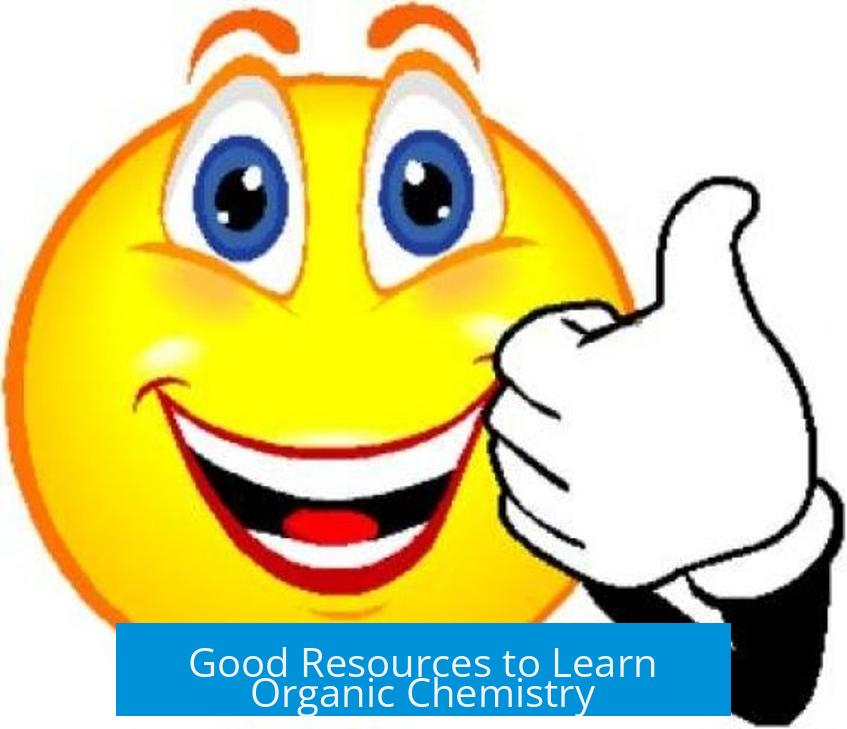
Effective learning of organic chemistry requires diverse resources, including online courses, virtual textbooks, practice problems, and hands-on tools. Combining these formats enhances understanding of complex concepts such as stereochemistry, bond strain, and reaction mechanisms.
Online Course Platforms
- Khan Academy: This platform offers a comprehensive set of videos and lessons focused on organic chemistry basics, mechanisms, and functional groups. It is freely accessible and user-friendly. Khan Academy Organic Chemistry
- MIT OpenCourseWare: MIT provides free full courses in chemistry, including organic chemistry topics. These include lecture notes, exams, and video lectures designed by experts at MIT. MIT Chemistry Courses
Virtual Textbooks and Practice Websites
- MSU Virtual Textbook of Organic Chemistry: Hosted by Michigan State University, this digital textbook covers key organic chemistry concepts. It features quizzes at the end of each section to test and reinforce learning. MSU Virtual Textbook
- Ian Gould’s Website at ASU: This resource provides a rich collection of practice problems and quizzes. It is especially helpful for self-assessment and exam preparation. Ian Gould’s Organic Chemistry Resources
Books and Exam Preparation
Examcrackers for MCAT Organic Chemistry is widely recommended as a clear and structured review book. It breaks down complicated mechanisms and concepts in a straightforward way, making it ideal for both exam prep and course supplementation.
Hands-On Learning Tools

A molecular model kit is a valuable practical aid in organic chemistry. It allows students to build and visualize molecules in three dimensions, facilitating comprehension of stereochemistry, conformations, and steric effects. This physical manipulation helps internalize spatial relationships that are difficult to grasp from books alone.
Learning by Doing
Some learners prefer experimental approaches to complement theory. While classic chemistry sets can be basic, exploring safe and relevant organic chemistry projects can deepen understanding by direct observation of reactions. Currently, specific online resources offering guided organic experiments beyond textbook exercises are limited, but seeking academic lab manuals or university virtual labs can be beneficial.
Summary of Key Resources
| Resource Type | Resource | Key Features |
|---|---|---|
| Online Courses | Khan Academy | Free videos and interactive lessons on organic chemistry topics |
| Online Courses | MIT OpenCourseWare | Full university courses with notes, exams, videos |
| Virtual Textbook | MSU Virtual Textbook | Free digital textbook with quizzes for self-assessment |
| Practice Problems | Ian Gould’s ASU Website | Extensive problems and quizzes for practice |
| Books | Examcrackers MCAT Organic Chemistry | Clear explanations suitable for class and exam prep |
| Hands-On Tool | Molecular Model Kits | 3D visualization of molecules improves comprehension |
- Use multiple learning formats—videos, reading, and models—to strengthen understanding.
- Self-assessment with quizzes helps identify weaknesses early.
- Physical model kits aid in visualizing crucial 3D structures and conformations.
- Experiment-based learning complements theoretical study when safely applied.
- Examcrackers provides concise and clear content for review and testing purposes.
Good Resources to Learn Organic Chemistry: A Friendly Guide for the Curious Mind
Looking to master organic chemistry without losing your sanity? You’re in luck! Organic chemistry can seem like a jungle of molecules, reactions, and rules, but choosing the right resources can turn confusion into clarity. Let’s explore some top-notch tools and strategies that make learning organic chemistry not just doable, but genuinely fun.
First things first: what is the best way to learn organic chemistry? Hands down, combining well-structured online content with interactive tools and practice resources works wonders. Here is a detailed look at some go-to options, blending solid teaching, visuals, quizzes, and hands-on experiences.
Step 1: Dive Into Online Course Platforms
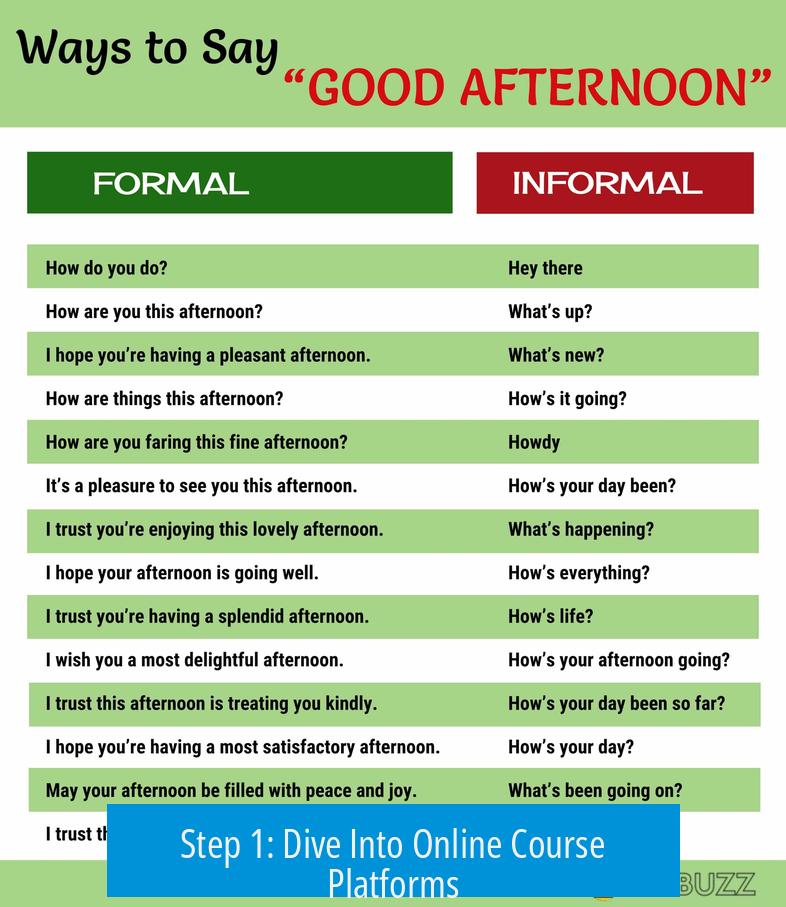
Starting with reliable lessons saves time and frustration. Platforms like Khan Academy have carved out a niche in chemistry education. Their organic chemistry playlist offers clear, easy-to-digest videos and practice questions. No flashy jargon, just straightforward explanations, making tricky concepts like reaction mechanisms or functional groups accessible.
If you want an even deeper dive, MIT OpenCourseWare provides complete free courses. These include lecture notes, problem sets, and sometimes exams. The prestige adds trustworthiness, but the material is still friendly enough for self-learners. No tuition bills either!
Step 2: Explore Virtual Textbooks and Specialized Websites
Sometimes traditional textbooks feel heavy and expensive. Several free virtual textbooks tackle organic chemistry with a fresh approach. The MSU Virtual Textbook stands out due to its modular layout. Each section ends with quizzes, ideal for self-assessment. Testing yourself regularly cements your understanding and highlights weak spots early.
Ian Gould’s website at ASU (chm233.asu.edu) is another gem. It’s packed with practice problems and quizzes that challenge your grasp of concepts. Remember, organic chemistry is not just about memorizing — it’s about problem-solving. Plenty of drills here help polish those skills.
Step 3: Invest in Books and Exam Prep for Focused Learning
For those preparing for exams such as the MCAT, Examcrackers for MCAT Organic Chemistry earns rave reviews. Users report it explains complex ideas simply, which many wish they had from day one. The book breaks topics into digestible chunks and relates content to test-style questions. It’s like having a tutor in your backpack.
Step 4: Get Hands-On with Molecular Model Kits
Organic chemistry is inherently three-dimensional. Text and lectures might not always cut it when visualizing molecules’ shapes, bond angles, or stereochemistry. A molecular model kit is a game changer. As one learner happily noted, “I learn better by doing.” These kits let you build and manipulate molecules, helping grasp concepts like bond strain or cyclohexane conformations, those wild chair and boat shapes.
Especially for static concepts turned dynamic in 3D — like chirality and steric hindrance — a physical model removes guesswork. They’re affordable or easy to borrow, and indeed, clients swear by their usefulness.
Step 5: Embrace Learning by Doing Through Experiments and Projects
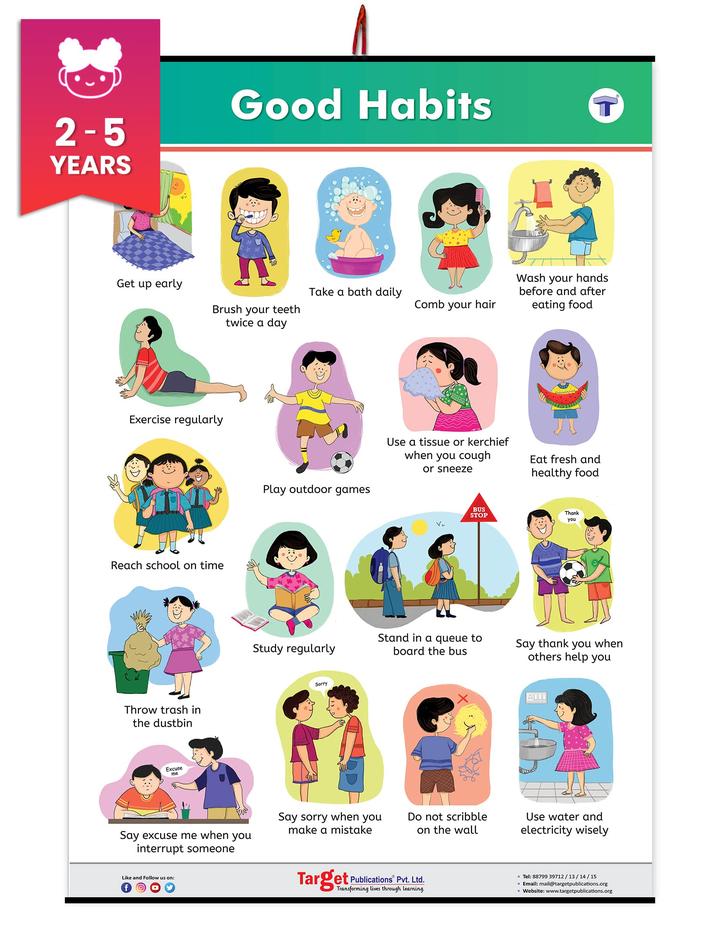
Anyone who says organic chemistry is all about books hasn’t tried hands-on experiments. While some crave safe “chemistry set” levels, others want more real-world projects — the useful or even slightly “dangerous” ones that build practical understanding. This approach matches kinesthetic learners’ style, activating deeper connections.
If you prefer this, try searching for university lab protocols or community college labs that publish sample projects online. You can also look for virtual labs and simulations to practice safely at home. Although no single resource was pinned down here, exploring hands-on experiences aligns beautifully with mastering the subject.
Bonus Insight: The Mystery of Khan Academy Video Tools
Curious about how those super smooth Khan Academy videos are made? While the exact software isn’t confirmed, common tools for educational animation include Adobe After Effects, Camtasia, or proprietary studio software. Knowing this might inspire you to create your own engaging study aids or tutorials. Creativity in learning is underrated!
Putting It All Together
| Resource Type | Example | Benefit |
|---|---|---|
| Online Courses | Khan Academy, MIT OpenCourseWare | Clear explanations, free, accessible anytime |
| Virtual Textbooks | MSU Virtual Textbook, Ian Gould’s Website | Interactive quizzes, practice problems |
| Books | Examcrackers (MCAT Organic Chemistry) | Exam-focused, well-explained concepts |
| Hands-On Tools | Molecular Model Kits | Visualize 3D structures, enhance spatial understanding |
| Experiments/Projects | University lab protocols, virtual labs | Reinforce theory through practice |
To really nail organic chemistry, mix and match these resources. Watch Khan Academy videos while building with your model kit. Read portions of the MSU Virtual Textbook and test yourself. Prep for exams with Examcrackers. Most importantly, apply your knowledge at the bench or virtually. Sounds like a lot? Yes, but organic chemistry rewards effort richly.
Why not get started today? Pick one platform, set a modest goal like “I’ll watch one video and do one quiz daily,” and go from there. Soon, what once looked like a maze of carbon chains becomes a landscape you navigate with confidence.
Still intimidated? That’s normal. Everyone faces the same struggles in learning organic chemistry. The key is not to shy away but to use tools that suit your style — be it visual, hands-on, or reading and testing. Organic chemistry isn’t just memorizing structures; it’s thinking like a molecule!
So, what’s your favorite way to learn complex subjects? Which resource will you try next? Share your thoughts and let’s conquer organic chemistry together!
What are some free online platforms to study Organic Chemistry?
Khan Academy offers video lessons focused on Organic Chemistry. MIT Open Courseware provides free chemistry courses that include organic content. Both are reliable and accessible resources for learners.
Where can I find virtual textbooks and practice quizzes for Organic Chemistry?
The MSU Virtual Textbook includes clear explanations and quizzes at the end of each section. Ian Gould’s website at ASU offers many quizzes and problems, making it ideal for practice and review.
Is there a recommended book for preparing for the MCAT’s Organic Chemistry section?
Examcrackers for MCAT Organic Chemistry is highly regarded. It explains concepts clearly and is great for a thorough review before classes or exams.
How can molecular model kits help in learning Organic Chemistry?
Model kits allow hands-on visualization of molecules. They help with understanding 3D structures like bond strain, stereochemistry, and conformations which are hard to grasp from books alone.
Are there resources focused on learning Organic Chemistry through experiments or projects?
There are fewer ready-made resources listed for hands-on experiments beyond chemistry sets. However, learners interested in practical projects might combine theoretical resources with lab work to enhance understanding.


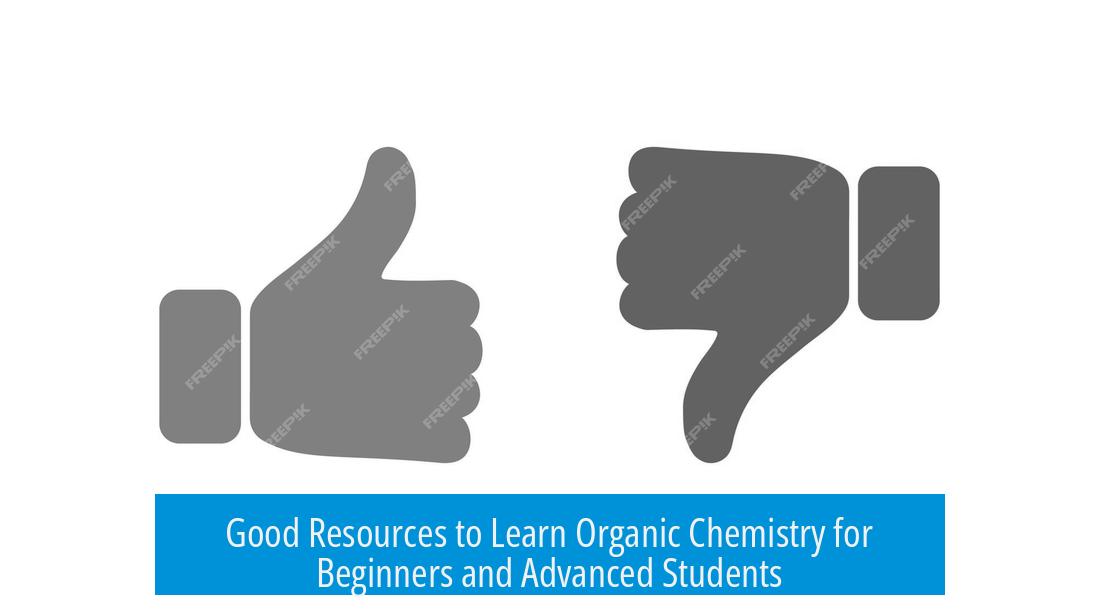

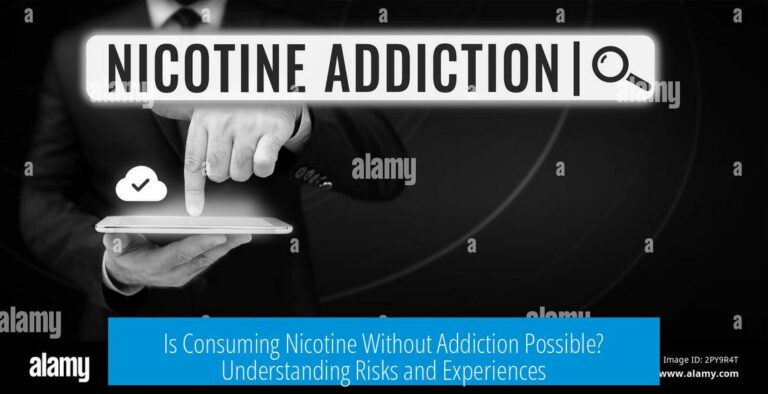
Leave a Comment